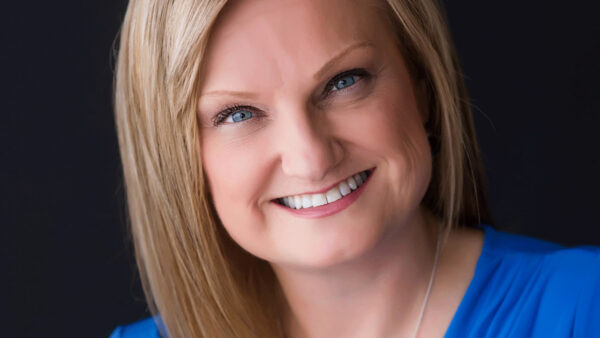American Experience “Dolley Madison”
March 28, 2011
– Documentary Premieres on Air and Online for National Women’s History Month –
Dolley Madison lived through two wars, knew the first 12 presidents and watched America evolve from a struggling young republic to the first modern democracy in the world. At a time when women could neither vote nor participate officially in politics, Dolley Madison, wife of the fourth president, James Madison, became one of the most influential and best-loved figures of her day. When she died in 1849 at the age of 81 — one of the last remaining members of the founding generation — Washington City honored her with the largest state funeral the capital had ever seen.
American Experience “Dolley Madison,” a portrait of the woman who transformed the previously undefined role of the president’s wife and became America’s “first” First Lady, airs Monday, March 28, 2011 at 9 p.m. on Eight, Arizona PBS.
Dolley Madison features interviews with NPR senior news analyst and best-selling author Cokie Roberts (Founding Mothers: The Women Who Raised Our Nation), historian Catherine Allgor (A Perfect Union: Dolley Madison and the Creation of the American Nation), presidential historian Richard Norton Smith and others. The distinguished cast of actors includes Tony Award-nominee Eve Best (“Nurse Jackie”) as Dolley Madison and Tony Award-winner Jefferson Mays (I Am My Own Wife) as James Madison.
When James Madison became president in 1809, both America and its capital in Washington were still new and struggling to establish a national style. “Throughout the world at that time, rulers wore crowns, sat on thrones and expected people to bow down to them,” says producer and director Muffie Meyer. “How should a democratic republic express its power and legitimacy? How should a President act? These were all still unresolved questions when the Madisons came to Washington.”
As the president’s wife, Dolley Madison created a uniquely American style — one that combined power with republican values. She presided over the first inaugural ball in Washington, opening it to the public; she took charge of transforming the president’s house into a public space that was both elegant and democratic; and as her successors have done ever since, she adopted a social cause of her own, building an orphanage and advocating for children left parentless by the War of 1812.
An accomplished political hostess, Dolley Madison threw open the White House to weekly parties so crowded they were called “squeezes.” During one of the most bitterly divided periods in Washington, she encouraged political enemies to set aside their differences. “She used the social world to bring everybody in the room together,” says historian Catherine Allgor, “and they learned to work together in bipartisan ways — ways that, it turns out, were absolutely necessary for building a democracy.”
Under Dolley Madison, the ill-defined role of the president’s wife became a public position for the first time. “Dolley very consciously cooked up a formula,” says First Lady biographer Carl Sferrazza Anthony, “one that straddled the line between queen and commoner and which ultimately became the formula for a genuinely successful First Lady in her time and ours.”
During the War of 1812, with British troops invading Washington, Dolley Madison rescued the portrait of George Washington that hung in the White House, recognizing that it had enormous symbolic importance to a young country at war.
Dolley Madison looks at both Dolley’s public achievements and at her often troubled private life — in particular, her relationship with her only son, a drinker and gambler who almost ruined her final years.
“Dolley Madison lived in a culture that had no place for a woman in the political spotlight,” says program executive producer Catherine Allan. “That she became an influential member of the founding era in spite of her gender is a testament to both her social skills and political acumen.”
“Modern First Ladies are an influential overt political force,” says executive producer Mark Samels. “In recent times they have acted as policy makers, diplomats, hostesses, charity workers and national role models. But that wouldn’t have been possible without Dolley Madison, who set the stage for all of her successors to come.”
)






















